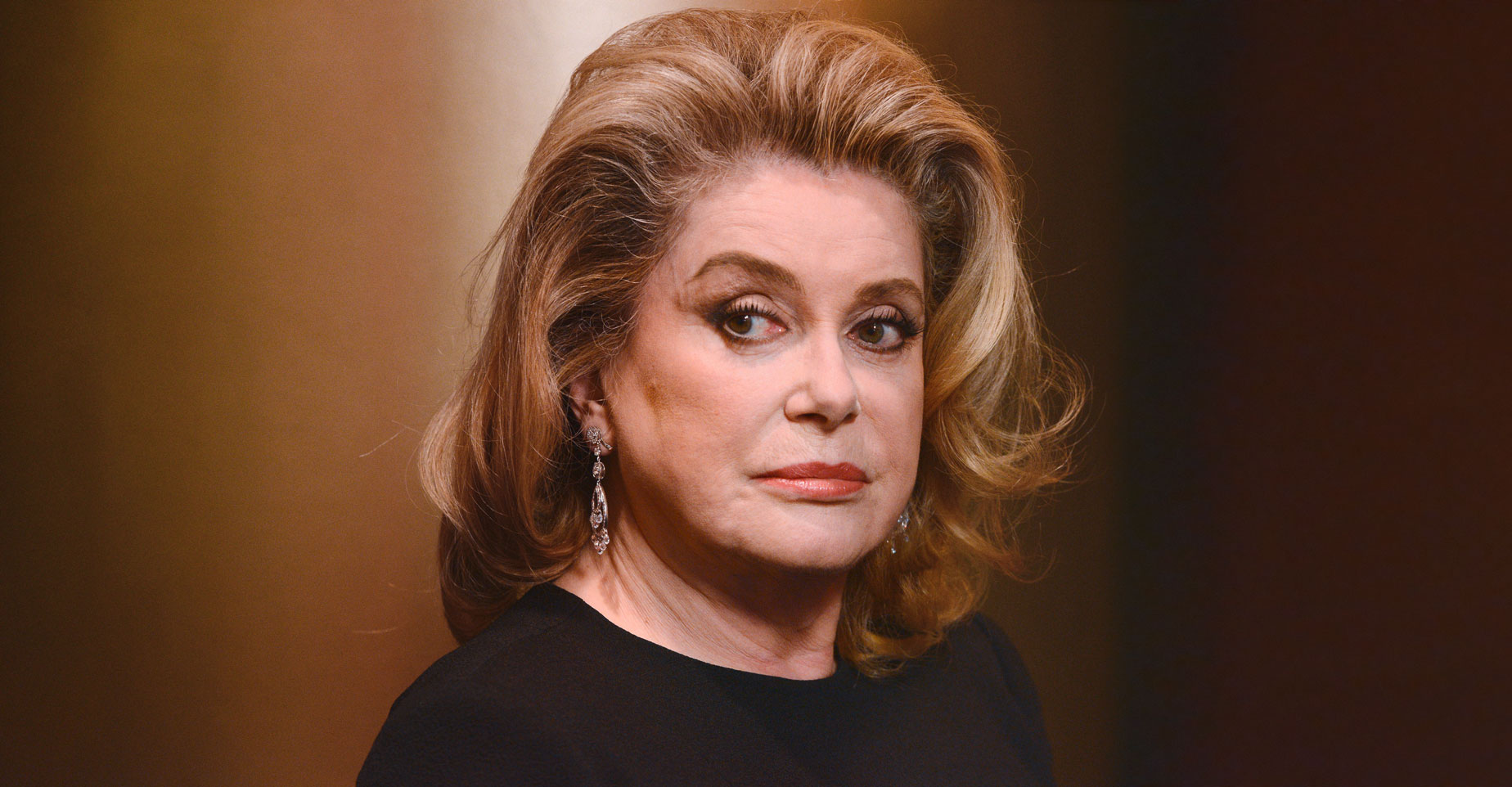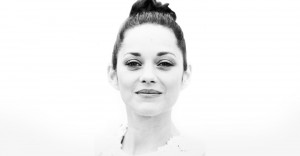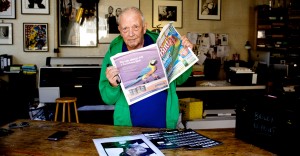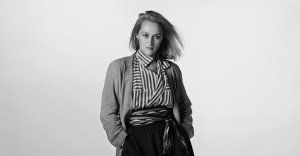Ms. Deneuve, after so many years as an icon of French cinema, do you still need to be directed at all?
Yes, otherwise I would have nothing to do. I don’t want to only do what I know how to do. I want to be pushed somewhere else. I need a director because I think actors need to be directed. Of course I could direct myself, but I would do things that I’ve already done, you know? And that’s the danger at a certain time for an actor, to do things in an easy way, to always choose the same style of characters.
You want to keep reinventing yourself.
Not to reinvent, but to have the impression that a new film is a first film in a way. That’s the impression that I have when I do a film anyway. I don’t feel blasé. I wouldn’t like to do something and have the impression that I’ve done it before and it’s just going to be one more day. There should always be a challenge in the everyday life of work.
You’ve been acting for 50 years and have appeared in over 100 films. Haven’t you already done everything?
I haven’t done everything yet. (Laughs) Human nature is a very wide thing. There are roles that are more in relation with people of my generation. When you grow older in life, it’s the same thing. You have an experience and a type of character that you cannot play if you are 30, let’s say. It’s difficult to find a good path. You can grow older better in Europe than in America, that’s for sure. But women seem to be younger than they were 50 years ago. It’s the evolution of human beings, ah? 40 years ago, when you see a 50-year-old woman, she looked her age. Today, much less.
What has changed the most in the last 50 years of filmmaking?
The thing that has changed a lot is the technique. The fact that you work with much smaller cameras, with less light, cameras are always much closer to you… As an actor you have to adapt. At the beginning it was very difficult to have cameras so close to you. It was not like that before! In a certain way you had a field where you were acting. Today, the camera can be right next to you! So that was a little difficult for me at the beginning.
The stories being told now are a lot different than when you started out, too.
The stories are always sort of a mirror image of society, so cinema has been following society and the way people live and the way people love, the way they show their feelings. Cinema has always been a reflection of that, so of course it has changed. In 30 years it has changed a lot. People get divorced much more easily, women can have sex without the fear of getting pregnant, that has changed a lot of things and cinema has been following that. You don’t tell the same stories. Now you cannot smoke in films so it will look different. You have mobile phones – that changes a lot of things in the plot of a story! Before you could imagine situations where the fact that you couldn’t get in touch with someone would create an incredible situation, but today it’s very different. Everyone’s got a mobile phone so you can contact anyone, anywhere, anytime. It does change things.
Do younger actors have a different way of working now than they used to?
I don’t feel that the younger actors are very different in their way of working. I just think there is not enough time because there is not enough money. There is less time to do everything.
There is more of a hurry to produce than in the ’60s and ’70s?
Yeah, everything is more expensive… It’s very difficult. It’s a big problem. The European cinema is not like the American cinema that can go anywhere and you get a chance to get the film paid back in a few months. It’s not like that for a French speaking film. Everything is becoming more expensive all the time. It’s just the balance, you know? Maybe the camera is less important and you need fewer lights nowadays, but they still spend a lot on the costs and all the salaries and we pay a lot of taxes in France. But I’m not complaining! I don’t want to be heard as that! But it makes a very big difference compared to some other countries. Still I think there are too many films made. When I receive the box of the César Awards, and you see the amount of the French films… I think there are too many French films.
Do you consider yourself first and foremost a French actress or a European actress?
I think both, frankly. I feel very French, but I speak Italian and English, so I feel very European. But I don’t feel close to English people, for example. It’s not that far away geographically, but I don’t feel close to English people because it’s such a different sensibility, such different characters. We are so different. I feel closer to Spanish or Italian people than to English people. Because of the nature of the Latin character compared to an Anglo-Saxon character. We have different educations… we are very different.
Can you imagine a life without acting?
It’s too late! (Laughs) I’m at an age where I can’t say, “Oh, I’m going to change my career.” You retire or you go on doing what you do. That’s all.
Would you agree to someone making a film about your life?
I don’t think I have a right to say no, do I?
No, but you can choose to cooperate or not.
Ah, oui. No, no, no. I’m not interested in giving myself more than what I’ve done. No, I have no desire for that at all. I don’t have the desire to be more public. I need to keep things for my life.
Well it’s likely to happen at some point or another. You’ve already received a lot of tributes, like the Lifetime Achievement Award at the European Film Awards in 2013…
I’m going to be careful about that. Tributes, they start at the time where things seem to be slowing down!
You seem to be speeding up the last five or ten years…
No, no, no, I’m not speeding up! I’m not doing more films than I used to! But, you have to be careful with what they call “homage,” “tribute,” because it becomes something very… final in a way.
Sure, but it’s not uncommon for filmmakers to work well into their 70s or even 80s…
70 is young for a director. I think if you are very busy doing something you like very much, like making films or writing, I think it helps you stay in shape, even if you are very tired. I wouldn’t say it keeps you young, but it keeps you in shape.
But you still haven’t given up smoking have you?
Who, me? No. (Laughs) You can’t do everything, ah?
Don’t people warn you about smoking?
All the time.
What do you say to them?
I don’t say, “Mind your own business,” I say, “Yes, I know, thank you.” But what kind of advice is that? “You shouldn’t smoke so much. You should stop smoking.” Yes, of course I should, but that’s not what I’d call advice. That’s a fact! Give me advice on how to stop smoking without suffering. Yes, that would be interesting.
Return to Top

Short Profile
Name: Catherine DeneuveDOB: 22 October 1943
Place of birth: Paris, Île-de-France, France
Occupation: Actress





















Deneuve, always a class act!
absolutely I agree on that.
It is inspiring to see such legends always have this infectious killing zest for life, for their craft. Age is just a number now. No barriers and that is interesting.